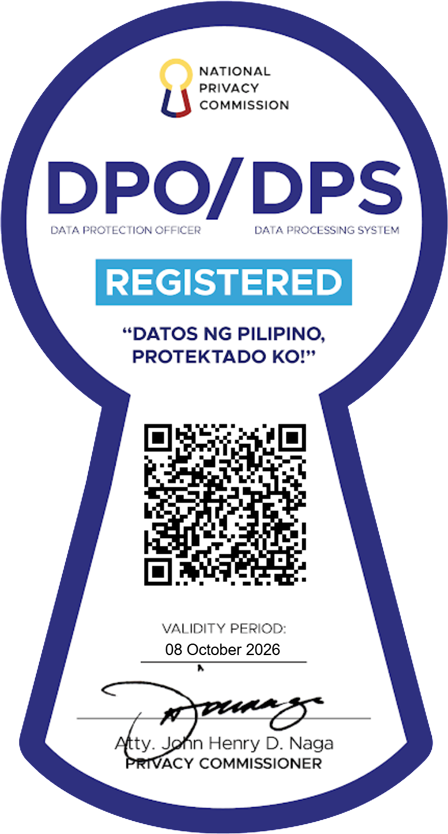Birth control pills are one of the most widely used and effective contraceptive methods. They are convenient, reliable when taken consistently, and can offer additional benefits such as regulating menstrual cycles, reducing cramps, managing acne, and supporting hormonal balance. However, like any medication, birth control pills can come with side effects. These vary from person to person, and while many are mild and temporary, they can still feel uncomfortable at first.
Mga Pangunahing Takeaway
- Birth control pills are an important tool for family planning and reproductive health.
- Common side effects may include nausea, mild weight changes, and mood fluctuations.
- Simple diet and lifestyle adjustments can help reduce these effects.
- Open communication with healthcare providers ensures better comfort and informed decisions.
- Tracking symptoms over time provides valuable insights for personalized care.
Why Birth Control Pills Matter?
Birth control pills play a vital role in helping Filipinos take charge of their reproductive health. They empower individuals and couples to space pregnancies, prevent unintended ones, and plan their futures with confidence.
However, like any medication, birth control pills can cause side effects. Understanding what to expect—and how to manage these changes—can make the experience smoother, more comfortable, and less stressful.
Understanding Birth Control Pills in the Philippines
In the Philippines, oral contraceptive pills are widely accessible through pharmacies and partner clinics. Affordable options cater to different health profiles, lifestyles, and reproductive needs.
Although access has improved since the Responsible Parenthood and Reproductive Health Act of 2012, stigma and misinformation can still influence people’s perceptions of contraception. Clear guidance and supportive conversations with healthcare providers remain crucial for safe and effective use.
Common Side Effects and Why They Happen
Some individuals may experience:
-
Pagduduwal
-
Mild weight changes (often temporary and linked to water retention)
-
Mood fluctuations
-
Spotting or irregular bleeding, especially in the first few months
These effects are generally caused by the body adjusting to hormonal shifts. While common, they can usually be managed with the right information and care.
Tips and Tricks for Managing Side Effects
Gentle Diet and Lifestyle Adjustments
-
Nausea: Eat smaller, more frequent meals throughout the day.
-
Weight changes: Incorporate regular physical activity into your routine.
-
Mood swings: Engage in stress-relieving activities such as yoga, meditation, or light exercise.
Communicate Openly With a Healthcare Provider
Discussing your experiences allows healthcare providers to recommend adjustments or alternative options if needed. Regular check-ups ensure that your chosen method continues to align with your health needs. Trusted health organizations emphasize the importance of regular check-ups dito.
Track Your Symptoms
Keeping a diary or using a cycle-tracking app can help you and your provider:
- Identify patterns in side effects
- Decide whether a pill adjustment may be beneficial
- Gain a better understanding of your body over time
When to Seek Medical Advice
Seek immediate attention if you experience severe symptoms, such as intense migraines, unusual bleeding, or signs of blood clots. Familiarizing yourself with local healthcare facilities can ensure prompt and proper care.
Conclusion
Managing side effects of birth control pills is about more than comfort—it’s about empowerment, knowledge, and taking control of your reproductive health.
-
Your choices are valid.
-
Your comfort matters.
-
Your sexual and reproductive health is your right.
With the right support, tools, and conversations, birth control pills can become a positive and empowering part of your overall health journey.








